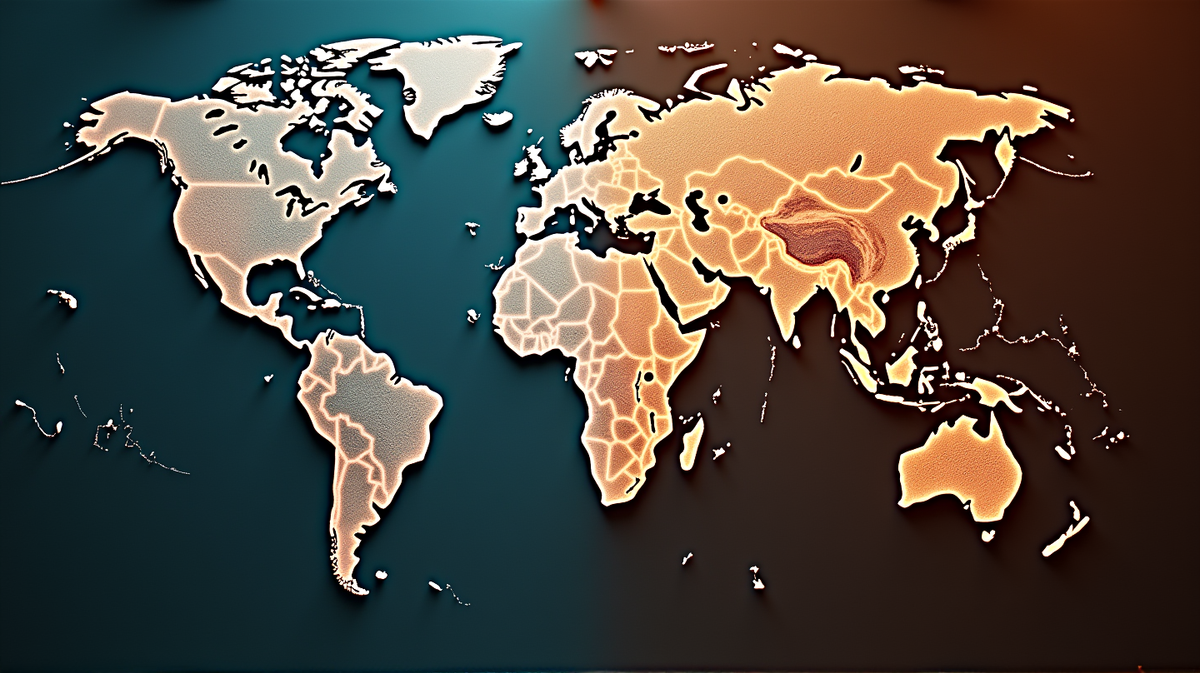Trump's Reciprocal Tariffs Ignite Global Reactions from World Leaders

In a move shaking up international trade relations, President Donald Trump has fired back at global trade policies with a barrage of reciprocal tariffs. By imposing a baseline 10% tariff on all imports to the US, Trump aims to counteract what he perceives as unfair duties on American goods. Some major US trade partners, however, are set to face even steeper rates: with China seeing a 34% tariff, the European Union and Japan facing 20% and 24%, respectively, and India being hit with a 26% duty.
A Declaration of Trade Independence
“This is our declaration of independence,” Trump declared confidently from the White House Rose Garden. This bold move is seen by many as a pivotal shift in US trade policy. As stated in NDTV, the actions have quickly rippled across the globe, with leaders responding to what some view as a protectionist strategy that could trigger a global trade war.
Allies and Adversaries: The Global Ripple Effect
Australian Prime Minister Anthony Albanese was quick to warn that such measures would ultimately burden the American people, while steadfastly refusing to engage in retaliatory tariffs himself. Meanwhile, Canadian Prime Minister Mark Carney delivered a defiant stance, asserting he would “fight” the tariffs which threaten to remodel the global trading system.
European Perspectives on the Tariff Turmoil
Across Europe, leaders vowed to safeguard their economies. British Prime Minister Keir Starmer emphasized that a trade war would benefit no one, while Germany openly cautioned against the mutual harm trade wars inflict. Spanish Prime Minister Pedro Sanchez and Sweden’s Prime Minister Ulf Kristersson both highlighted their countries’ commitment to open trade and cooperation.
Asia’s Resilient Response
China’s commerce ministry has called for an immediate cancellation of these sweeping tariffs, labeling them a direct threat to global economic stability. Echoing this sentiment, Japan and other Asian nations are also evaluating their responses, focusing on dialogue over confrontation.
Latin America’s Firm Stance
Brazil, Latin America’s largest economy, responded by passing a law to counter Trump’s tariffs. Though President Luiz Inacio Lula da Silva has not commented immediately, his prior statements underline his resolve against stagnation in trade engagements.
Quest for Diplomatic Solutions
As tensions simmer, several leaders, including Italy’s Giorgia Meloni and Ireland’s Trade Minister Simon Harris, are looking to navigate toward diplomatic resolutions, believing negotiation to be the best path forward. The European Union has given itself until the end of April to formulate a robust counter-response.
In the unfolding saga of global trade realignment, the implications of Trump’s tariffs continue to reverberate, driving a narrative that could reshape international commerce for years to come.




